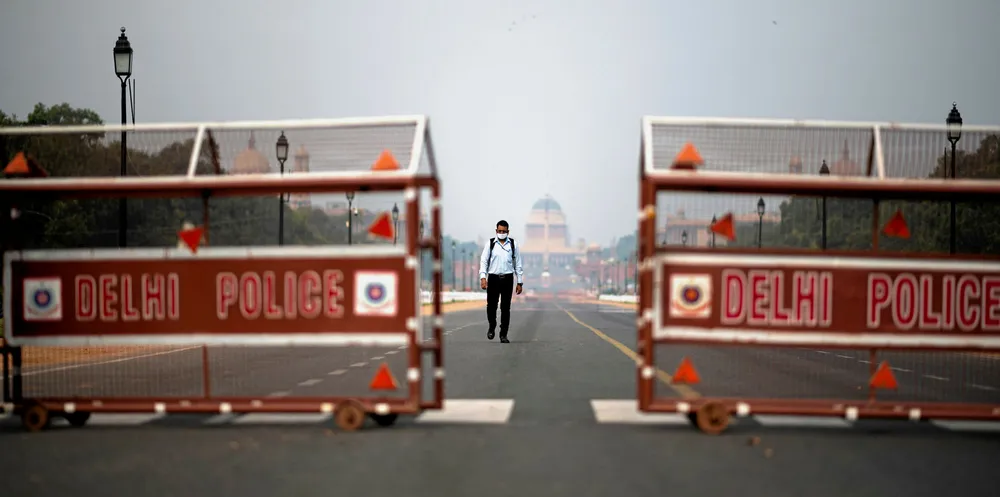India OKs renewable force majeure as Covid-19 threatens final blow to 2022 targets
Government offers leniency to projects as supply chain and lockdown disruption hits deadlines

Government offers leniency to projects as supply chain and lockdown disruption hits deadlines
